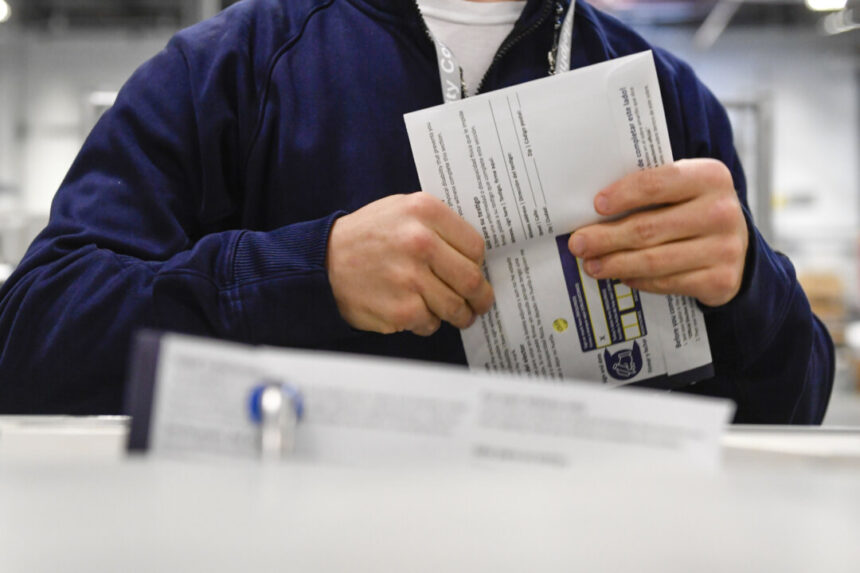Know where to go, what to bring, and where to report suspicious activity before you head to the polls.
Early voting has exploded in popularity in the wake of the COVID-19 pandemic, but some voters still prefer to cast their ballots in person on Election Day.
For those preparing to join those lines, here are the answers to some common questions they might have.
When Is Election Day?
Election Day is Tuesday, Nov. 5.
Am I Eligible to Vote?
Only U.S. citizens ages 18 or older are permitted to vote in federal elections.
Additionally, all states and territories except North Dakota require voter registration.
Each state has its own registration deadline, though some offer same-day registration or conditional registration and provisional ballots for those who missed the cutoff.
Where Do I Vote?
Verify your polling location and the hours it will be open with your local elections office.
Do I Need ID?
Most states either require or request that voters present some form of identification to vote in person, though rules vary.
Some states require that voters present a valid photo ID at the polls to vote. Others allow voters to present other identifying documents, such as a birth certificate, current utility bill, bank statement, paycheck, or government-issued document that shows the individual’s name and address.
In some cases, voters may be allowed to vote without showing any form of identification.
Who’s on the Ballot?
All eyes will be on the presidential race between Vice President Kamala Harris, the Democrat nominee, and Republican candidate former President Donald Trump. But with control of Congress hanging in the balance, pundits will also be watching several House and Senate races closely to see which way the pendulum swings.
Sens. Ted Cruz (R-Texas), Deb Fischer (R-Neb.), and Jacky Rosen (D-Nev.) are also defending their seats, while Arizona’s Democrat Rep. Ruben Gallego (D-Ariz.) will face off against former Republican gubernatorial candidate Kari Lake in the race to replace Sen. Kyrsten Sinema (I-Ariz.).
When Will We Know Results?
It’s unlikely that every race will be decided on election night thanks to the post-pandemic popularity of voting by mail.
State deadlines vary for returning absentee ballots, as do the times when officials may start processing and counting them.
In Arizona, for instance, officials may count absentee ballots immediately upon receipt, though they must be received by the elections office by 7 p.m. MST on Election Day.
In Illinois, ballots can be received and counted as late as 14 days after the election, provided that they are postmarked by Election Day. Officials begin the counting process after the polls close.
How Do I Report Election Integrity Issues?
If you suspect voter or election fraud has occurred, report it to your local elections office.










